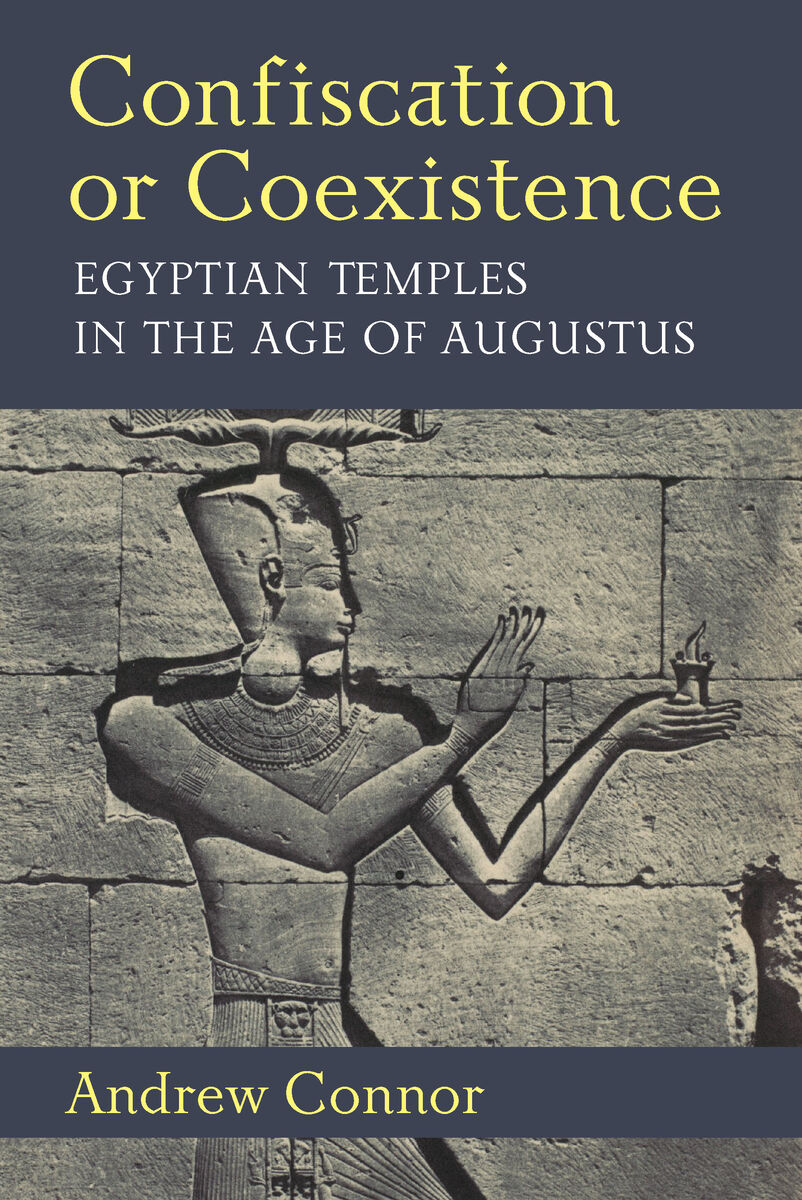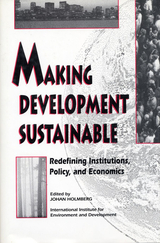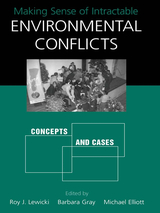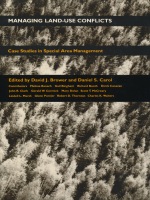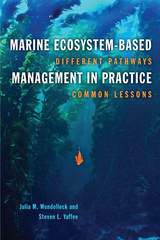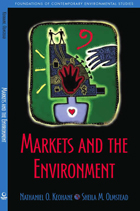Confiscation or Coexistence: Egyptian Temples in the Age of Augustus
University of Michigan Press, 2022
eISBN: 978-0-472-22065-6 | Cloth: 978-0-472-13322-2
See other books on: Age | Augustus | Coexistence | Greece | Rome
See other titles from University of Michigan Press
eISBN: 978-0-472-22065-6 | Cloth: 978-0-472-13322-2
ABOUT THIS BOOK | AUTHOR BIOGRAPHY | REVIEWS | TOC | REQUEST ACCESSIBLE FILE
ABOUT THIS BOOK
It is generally accepted that Roman administrators, arriving in Egypt in the aftermath of Augustus’ annexation of the province, confiscated en masse the land and other property belonging to the temples of Egypt—estimated at as much as one-third of the country. It is further accepted that this confiscation doomed the temples by removing their economic support and making them subservient to the Roman state, and that this in turn led to the collapse of Egyptian religion. In Confiscation or Coexistence: Egyptian Temples in the Age of Augustus, author Andrew Connor takes direct issue with both claims.
The interpretative consensus developed after the publication of a handful of key documents—P.Tebt. 2.302 especially, alongside BGU 4.1198 and 1200, and P.Berl.Leihg. 1.5. Connor offers a fundamentally revised interpretation of these texts, building from a fresh examination of the papyri themselves. The book frames the interpretation in a wider discussion of Roman interactions with Egyptian religion, including material from inside and outside Egypt, and locates the development of an interpretative consensus in early 20th-century scholarship within the wider context of empire and colonization at the time. In doing so, Connor explores these papyri through their historical, intellectual, and linguistic contexts, alongside a number of other important texts bearing on the relationship between the temples and the Roman state.
The interpretative consensus developed after the publication of a handful of key documents—P.Tebt. 2.302 especially, alongside BGU 4.1198 and 1200, and P.Berl.Leihg. 1.5. Connor offers a fundamentally revised interpretation of these texts, building from a fresh examination of the papyri themselves. The book frames the interpretation in a wider discussion of Roman interactions with Egyptian religion, including material from inside and outside Egypt, and locates the development of an interpretative consensus in early 20th-century scholarship within the wider context of empire and colonization at the time. In doing so, Connor explores these papyri through their historical, intellectual, and linguistic contexts, alongside a number of other important texts bearing on the relationship between the temples and the Roman state.
See other books on: Age | Augustus | Coexistence | Greece | Rome
See other titles from University of Michigan Press
